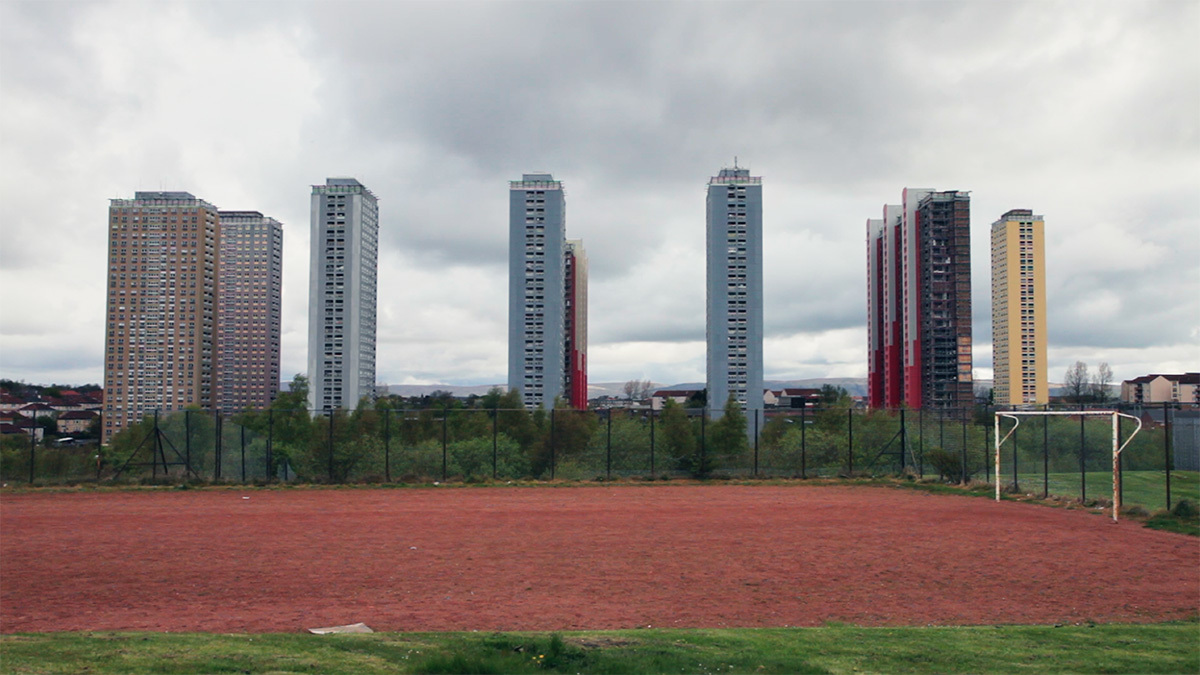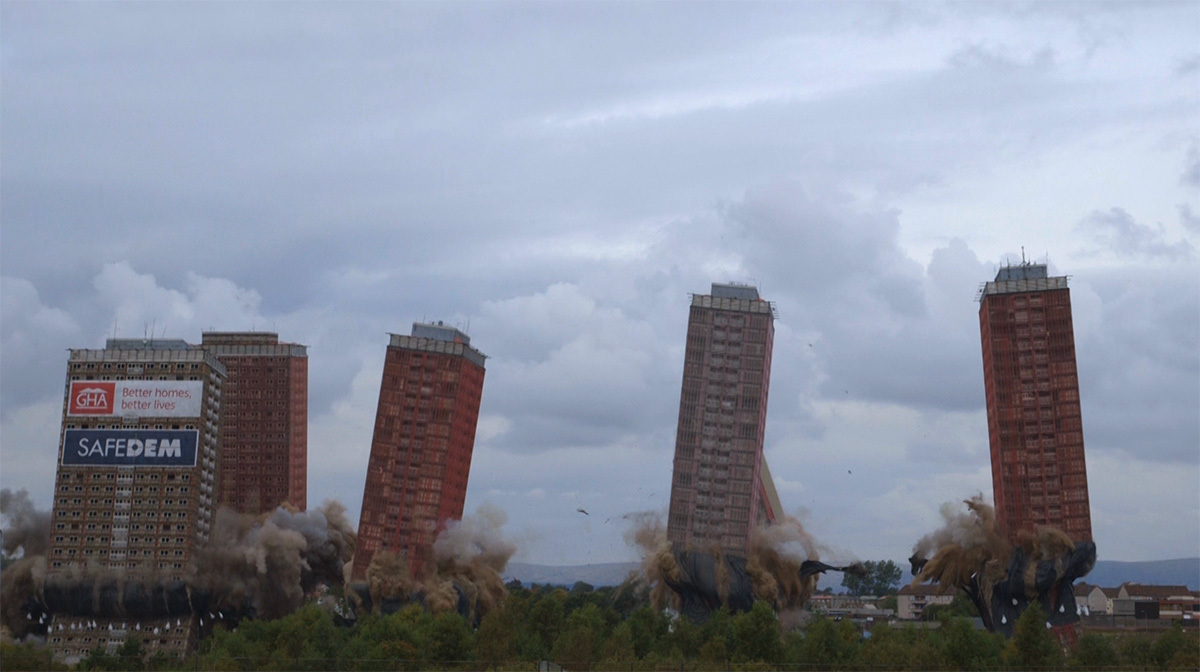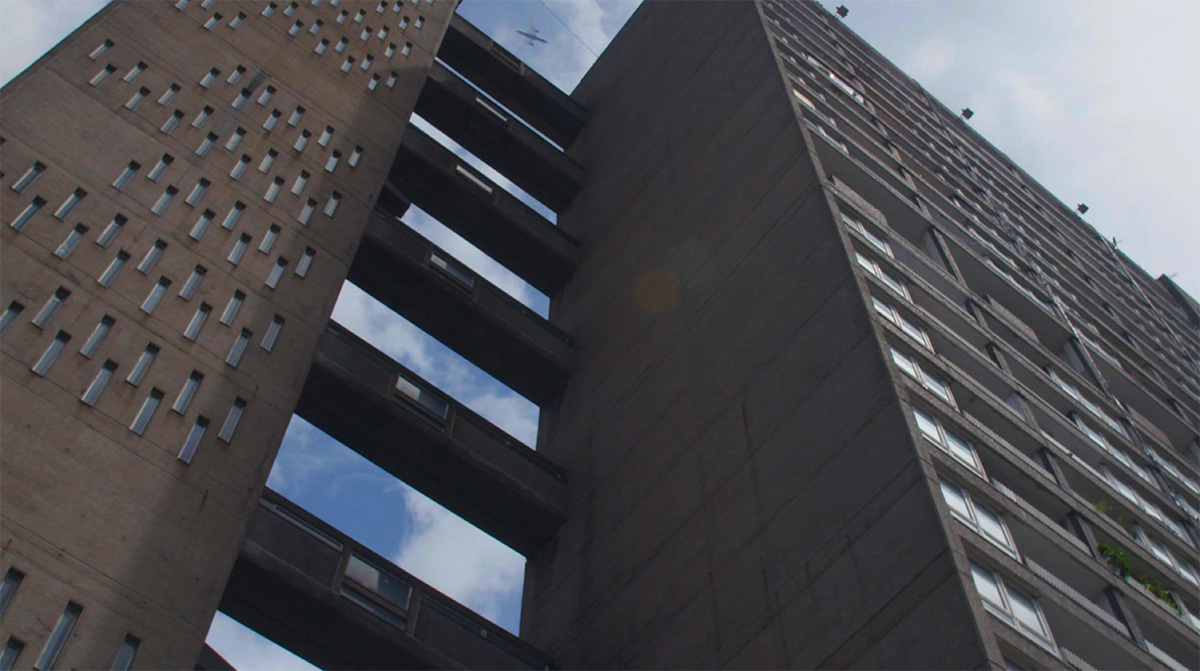In the wake of the Grenfell fire, housing has erupted back onto the political agenda. In a letter from 2013 titled Playing with Fire, the Grenfell Residents Association warned that “only a catastrophic event will expose the ineptitude and incompetence of our landlord.” Their complaints about power surges, the absence of sprinkler systems, and a lack of fire escapes went unheard. With 80 confirmed dead, and tens if not hundreds more unaccounted for, the residents were right: only tragedy could break the silence.
As the few survivors grieve for their neighbours and the public enquiry gets off to a shaky start, volunteers, campaigners, community leaders, artists, grime musicians and protesters have begun to demand systemic change, nationwide. With 1.6 million people waiting for a council house and skyrocketing rents forcing young and old alike into ever more precarious living arrangements, the anger over Grenfell promises to spark a wider movement. Dispossession, the year’s must-see housing documentary, is one starting point for revolutionising our approach to housing.
“What happened at Grenfell is symbolic of how people on estates are treated across the UK,” explains Paul Sng, the film’s director. “The whole culture around council housing needs to change immediately. This film’s only a small step, but I hope it starts a conversation.”
Dispossession tells the stories of residents on some of the UK’s most notorious estates: St Ann’s in Nottingham, Cressingham Gardens in Lambeth, the Gorbals in Glasgow and the Aylesbury estate in Southwark. Their notoriety, however, is precisely the myth that Dispossession seeks to dispel. In a tapestry of interviews with council residents, housing campaigners, leading economists and commentators, the film uncovers the reality of life on estates — one of struggle and solidarity, community and coexistence — not the poverty porn splashed across the TV.

“Fifty years ago, social housing was something to be proud of,” explains Sng. “The houses were of a decent quality, you had lifetime tenancy, they were for working people as well as vulnerable people.” Estates fostered a sense of community, a solidarity that’s hardly found in a “luxury block” for “young professionals.” Built in the wake of the Second World War, to provide for Britain’s growing population, social housing was meant to be solution to the world of greedy landlords and powerless private renters. Sixty years on, old problems have resurfaced.
The denigration of social housing didn’t happen overnight. The shift in public perceptions of council housing started in the 1980s under the rule of Margaret Thatcher’s conservative government. In 1980, Thatcher introduced Right to Buy, a scheme intended to allow council tenants to buy their own homes. By 1996, 2.2 million council houses had been transferred to private ownership, and by the turn of the millennium more than 40% of those purchased via Right to Buy are now rented out by private landlords at considerably higher market prices. Those homes weren’t replaced, and despite repeated calls that over 250,000 new homes a year are needed, the government’s response remains wilfully inadequate.
“Today, council estates are a bit like A and E,” Sng quips, “they have become somewhere you end up, not somewhere you aspire to be.”
Where the government has stepped out of housing provision, the market has stepped in. “Houses are now seen as investments, not homes,” explains Sng, and property developers aren’t the only ones making a killing. In 2015, privately owned housing associations recorded a £3 billion surplus.
Councils too are far from blameless. While their budgets have been slashed by central government, limiting the amount of new homes they can build, many are following a policy of managed decline according to some campaigners, deliberately failing to maintain council estates until the situation becomes so dire that they can force residents out of their homes and sell the land to private developers. “People are being swindled out of their homes,” Sng argues.
“Market forces are writing the narrative,” he explains, and to confront the housing crisis, that narrative needs to be rewritten.
If Dispossession exposes the sheer scale of the UK’s housing crisis, however, it also details the numerous ways communities across the UK are resisting the relentless marketisation of our homes and public spaces.
The Cressingham Gardens estate in Lambeth has given rise to a grassroots movement holding Lambeth Council’s feet to the fire. Cutting across divisions in race, class, gender and faith, the Cressingham residents are successfully resisting plans to demolish their estate — though its fate remains uncertain. Their story isn’t unique: from squats springing up in West London to the women of E15 who saved their estate from demolition through direct action, the battle is far from over.

The possibilities for resistance are pretty much endless: for some, Britain needs to follow its European neighbours — the same ones we told to fuck off last June. Germany enforces strict rent controls and hasn’t yet fallen prey to the distinctly British obsession with owning one’s home, no matter the cost. Others are demanding that existing space be used more efficiently: well in excess of 200,000 homes are currently uninhabited, and abandoned municipal spaces across the UK could be turned into residences at a fraction of the cost of new homes. Groups like Focus E15 and the Radical Housing Network, charities like Shelter and Crisis, and local residents associations and housing co-ops across the country, are fighting back. Community action seems to be alive and well.
The housing crisis will not end on its own. Both the quantity and quality of social housing need to remain on the agenda, long after the initial trauma of Grenfell subsides. “Housing is a human right,” declares one of Dispossession‘s countless interviewees, and rights have never been granted without a fight.
Dispossession is in cinemas across the UK now. To find out more, and for contact details for housing movements, see the website.
Credits
Text Edward Siddons
